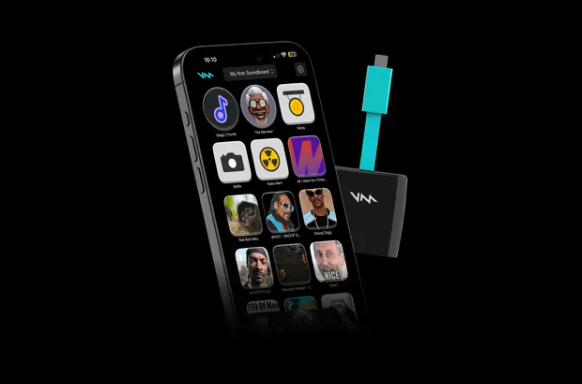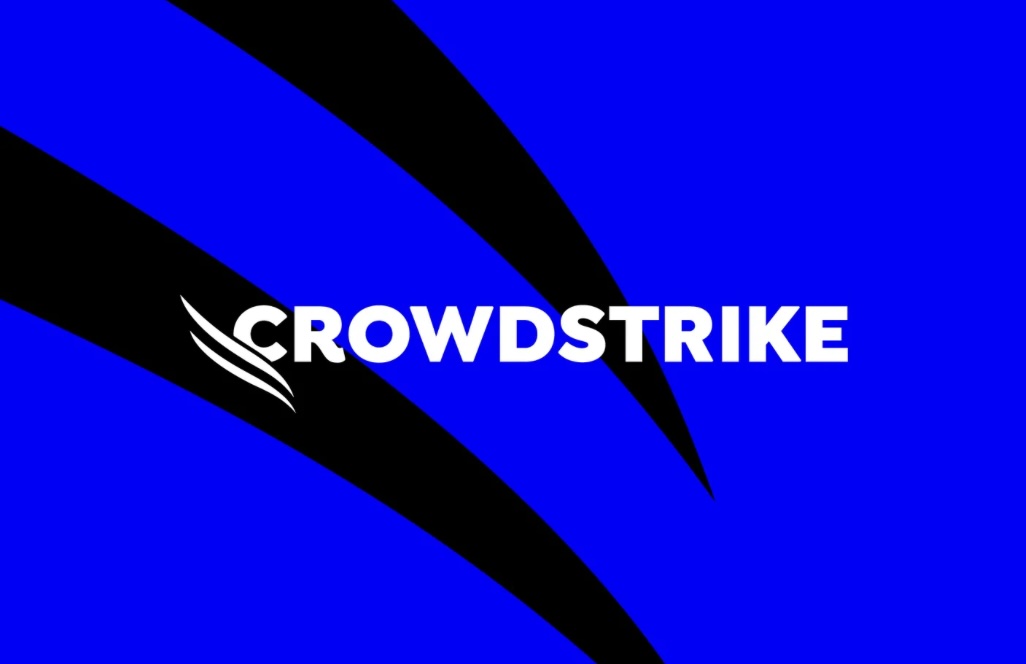Astro Bot has achieved the remarkable feat of being crowned 2024’s Game of the Year (GOTY) at the prestigious Game Awards, a moment that not only highlights Team Asobi’s incredible craftsmanship but also sparks important conversations about the future of gaming. In a year filled with heavyweight contenders such as Final Fantasy VII Rebirth, Metaphor: ReFantazio, and breakout hits like Balatro and Black Myth: Wukong, Astro Bot’s win stands out as a surprising yet refreshing choice. This victory is emblematic of a shifting gaming landscape where creativity and innovation can triumph over established genres and blockbuster formulas.
As we delve into the broader implications of this win, it’s worth exploring why Astro Bot resonated so strongly with players, what it means for PlayStation as a brand, and how the gaming industry might adapt in response to this milestone.
A Platformer’s Triumph in a Mature Space
The Game Awards, over its decade-long history, has often favored mature, narrative-driven titles such as The Witcher 3, God of War (2018), and Baldur’s Gate 3. Astro Bot’s recognition breaks this mold, offering a platformer that prioritizes whimsical exploration, family-friendly charm, and innovative gameplay mechanics. In a space typically dominated by gritty, high-stakes storytelling, Astro Bot’s lighthearted appeal is a testament to the power of joy and accessibility in gaming.
Astro Bot’s win underscores the importance of diversifying the kinds of stories and experiences celebrated in mainstream gaming. For years, platformers have been seen as a nostalgic genre, largely associated with the likes of Nintendo’s Mario franchise. Astro Bot’s success signals a renewed interest in the genre and highlights the potential for platformers to innovate and capture the imagination of a new generation of gamers.
The Future of Astro Bot and Team Asobi
With the Game of the Year accolade under its belt, the natural next step for Team Asobi is to expand on Astro Bot’s success. The studio has already begun releasing free post-launch levels, which have been met with enthusiastic reception. As of November 2024, Astro Bot has sold 1.5 million copies, solidifying its status as a commercial hit. This momentum almost guarantees the development of a sequel, but the challenge lies in defining what the Astro Bot series will become.
Forging a Unique Identity
Both Astro Bot and its predecessor, Astro’s Playroom, have leaned heavily on celebrating PlayStation’s legacy. While this nostalgic approach has endeared the series to fans, it risks limiting the franchise’s creative potential. For Astro Bot to evolve, it needs to carve out its own identity beyond being a love letter to PlayStation’s past.
Nintendo’s Mario series offers a compelling blueprint. Mario’s adaptability across genres—from traditional platformers to kart racing, sports games, and even RPGs—has ensured its longevity and relevance. Similarly, Team Asobi must explore who Astro is as a character and how the series can stand on its own merits. Incorporating more original storytelling, world-building, and character development could elevate Astro Bot from a delightful platformer to a cultural phenomenon.
PlayStation’s Broader Implications
Astro Bot’s success comes at a pivotal moment for PlayStation. In 2024, the company faced significant challenges, including the collapse of Concord and over 1,000 layoffs. These setbacks have sparked conversations about the need for Sony to diversify its portfolio and reduce its reliance on cinematic, triple-A blockbusters.
Reviving Dormant Franchises
Astro Bot’s playful integration of PlayStation’s history has reignited interest in older franchises. Fans have long called for the return of beloved series like Sly Cooper, Jak and Daxter, and Resistance. Capcom’s recent announcement of new entries for Okami and Onimusha demonstrates the viability of revisiting shelved franchises. Sony would be wise to follow suit, leveraging its rich catalog to offer a broader range of gaming experiences.
The double-A genre, which bridges indie creativity and triple-A polish, represents a promising avenue for such revivals. Games like Prince of Persia: The Lost Crown have shown that smaller-scale projects can thrive when given the freedom to innovate. Reintroducing franchises like Sly Cooper in this space could fill a niche for stylish, personality-driven games while reducing the pressure of competing with blockbuster titles.
Lessons from Astro Bot’s Success
Astro Bot’s triumph also highlights the importance of calculated risks and creative freedom. As PlayStation looks to the future, it must balance its commitment to high-budget epics with investments in diverse, experimental projects. This approach not only fosters a healthier industry but also ensures a steady pipeline of fresh ideas and experiences.
The Industry at a Crossroads
Astro Bot’s Game of the Year win comes at a time when the gaming industry is grappling with significant challenges. The rise of live-service models, consolidation through mergers and acquisitions, and the increasing costs of game development have put immense pressure on studios to deliver hits. Astro Bot’s success offers a counterpoint to this trend, demonstrating that innovative, standalone titles can resonate just as strongly as sprawling open-world adventures or live-service juggernauts.
Inspiration for Indie Developers
Astro Bot’s achievement is also a beacon of hope for indie developers. While the game benefits from Sony’s backing, its emphasis on creativity and charm aligns closely with the ethos of independent game design. Indie studios looking to capture a similar spirit can draw inspiration from Astro Bot’s focus on polished mechanics, accessible gameplay, and heartfelt design.
The Path Forward for PlayStation
To capitalize on Astro Bot’s success, PlayStation must address several key priorities:
- Support Team Asobi: Providing the studio with the resources and creative freedom to develop a sequel that expands Astro Bot’s universe.
- Revive Dormant Franchises: Exploring the potential of older IPs to diversify PlayStation’s portfolio and appeal to a wider audience.
- Invest in Double-A Games: Encouraging smaller-scale projects that blend creativity with accessibility, filling the gap between indie and triple-A titles.
- Enhance Legacy Access: Expanding the availability of classic PlayStation games on modern platforms, including PC and native PS5 support.
Astro Bot’s Game of the Year win is more than just a celebration of a well-crafted platformer; it’s a call to action for PlayStation and the gaming industry at large. By embracing innovation, supporting diverse genres, and honoring its legacy, PlayStation has the opportunity to redefine what success looks like in gaming. Astro Bot’s journey is just beginning, and its impact will undoubtedly shape the future of games for years to come.
















